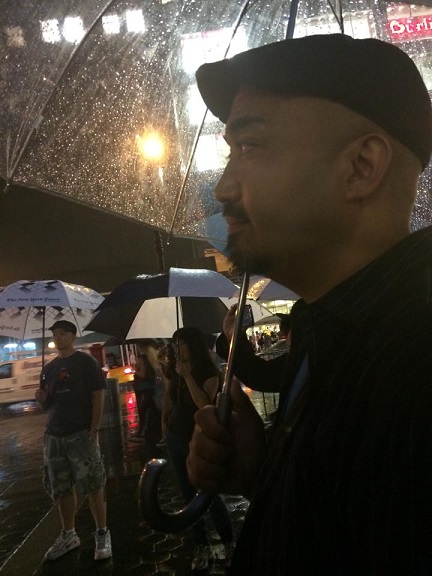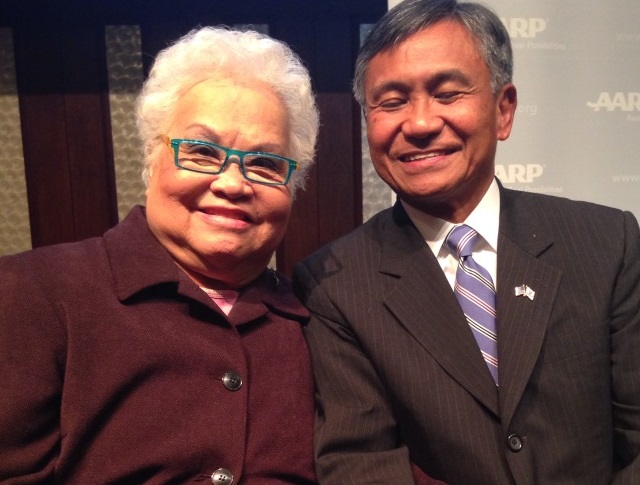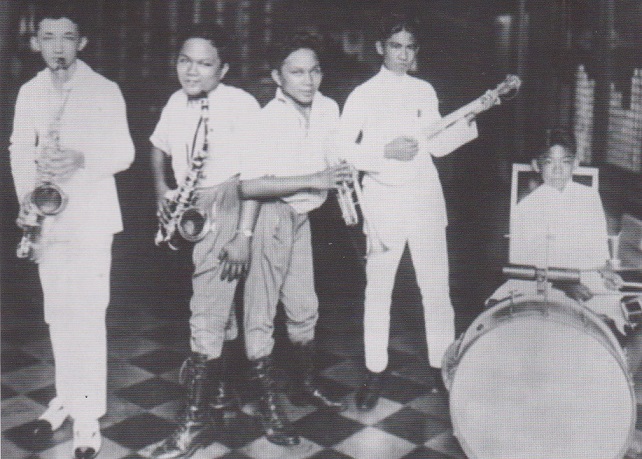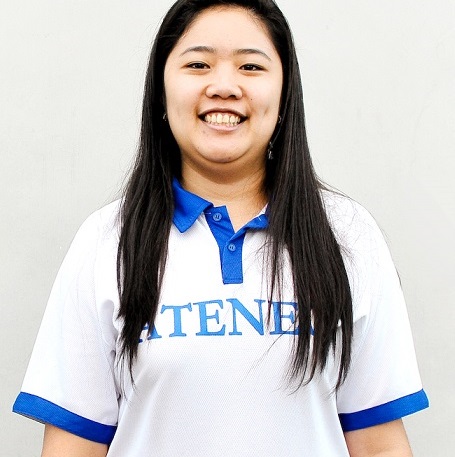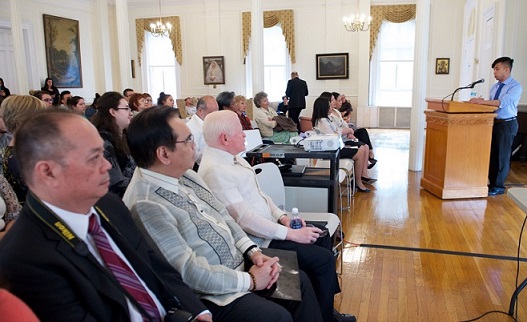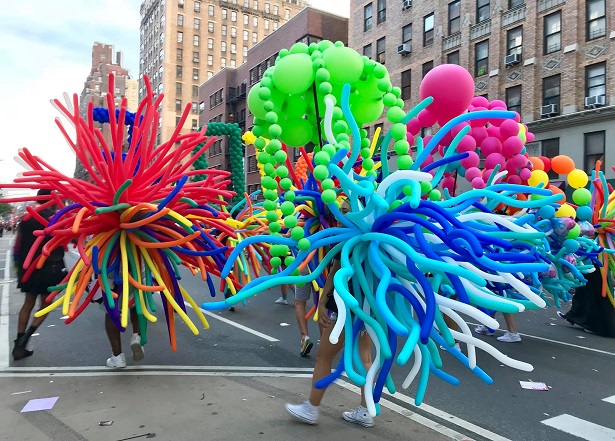Microaggression and the professional woman: Don’t put her in a box
By Marissa Bañez
“Microaggression is a term used for commonplace verbal, behavioral or environmental slights, whether intentional or unintentional, that communicate hostile, derogatory, or negative attitudes toward those of different races, cultures, beliefs, or genders.”
What Wikipedia defines as a “microaggression” can feel very “macro” to those on the receiving end of those “slights” and “hostile, derogatory, or negative attitudes.” When referring to a single instance, a “microaggression” may denote nothing more than an annoyance. But, just as a thousand small cuts can cause physical death, multiple microaggressions can cause the death of one’s generosity of spirit, which can escalate into yet another unnecessary cultural divide.
In the movie, Hidden Figures, the highly qualified Black character Dorothy Vaughn (played by Octavia Spencer) was denied a promotion to a supervisory position, although she was already doing the work. In one scene, the White supervisor, Mrs. Mitchell (played by Kirsten Dunst) said, “despite what you may think, I have nothing against y’all” – even as she repeatedly referred to the other woman as “Dorothy” while she clearly owned and expected the appellation “Mrs. Mitchell” in return.
Dorothy’s reply was poignant and quietly powerful: “I know you probably believe that.”
Recently, I used that line.
I had called an attorney to discuss something technical. To my surprise, he was extremely rude and condescending, calling our work product “garbage,” saying he didn’t appreciate my “bothering” him, and claiming he “did all the work already to get everything right” – all in a nasty tone.
I was shell-shocked, but maintained my professionalism and generously gave him the benefit of the doubt. Then, everything crystalized when someone forwarded to me an email in which he referred to me as my male co-worker’s secretary, as in “I sent the documents to A’s secretary, Marissa.”
I have nothing against secretaries, but I had to call him out. I told him I’d been wondering why he was so rude and disrespectful to me until I learned he believed I was A’s secretary – i.e., lower than him on the professional ladder, which he apparently believed gave him license to behave that way. I then said I’m an attorney like him.
He first denied being rude and disrespectful. Then, instead of apologizing for his unprofessionalism, he doubled down and went on the offensive by putting the blame for his bad behavior on me for not identifying my position when I called! A screenshot of my response is below (“R” and “J” are my male colleagues):
In my fantasies, I imagine him reflecting upon and being chastened by my response, but given what I was able to glean about his limited worldview, he probably just thought I was being “sensitive” (with a capital “B”).
It’s 2024 and some people still can’t accept that women professionals exist! The persistent microaggressions are fueled by resentment from all sides.
Someone I don’t know posted this on X, which may or may not have happened in real life but it wouldn’t surprise me if it had:
Lest anyone should think this is a man-bashing free-for-all, it’s not.
Once, I walked into a law office for a deposition with my male court reporter. The female receptionist immediately told me to set up my equipment in the conference room before she sent the attorneys in. To his credit and before I could respond, the court reporter quickly explained that he was the one to set up. No apology to me from the receptionist.
Nor is this a White-bashing fest.
That receptionist wasn’t White.
I will also always remember the time when I was studying for the California bar exam, having just graduated from law school and Princeton University before that. Unbidden, a man swaggered up and asked if I was “trying to learn English” – obviously because I’m a brown Filipina. Three bar admissions, extensive litigation experience, a couple of published legal articles, and two well-received children’s books later, I wonder whatever happened to that woefully delusional but nonetheless self-important man. Oh – he wasn’t White either.
And, age is irrelevant. Those people are between 30-50 years old, meaning none of them lived in the dark ages when the professional woman was an anomaly.
No one person, personality type, age group, gender, or race has a monopoly on communicating “hostile, derogatory, or negative attitudes toward those of different races, cultures, beliefs, or genders.” I won’t pretend that I’ve never engaged in one type or another of microaggression out of thoughtlessness or as a reaction to a triggering factor. I’m sure I have, and to those undeserving of my offense, I apologize.
Like everyone, I was born into a certain set of cultural constructs that inform my ways of thinking, communicating, and behaving. Still, I’m trying to open myself to changing social norms and, as much as possible, act accordingly to avoid offending.
The professional woman is not one of those “changing social norms.” It has long been an established norm in the U.S. Unfortunately, many still want to put us in boxes marked “less than,” “not one of us,” or “DEI hire.” But, like it or not, professional women are here to stay and not going back. We should not be “othered” because we can – and do – contribute to society’s betterment. In my fantasies, I imagine the washing away of those “slights” and “hostile, derogatory, or negative attitudes” with increasing knowledge and greater acceptance.
Lather. Rinse. Repeat.
Marissa Bañez, an attorney and children’s book author, is a frequent contributing writer for The FilAm. Her books, ‘Hope and Fortune’ and ‘Hues and Harmony (How the Rainbow Butterfly Got Her Colors)’ are available on Amazon.com and BarnesandNoble.com.



